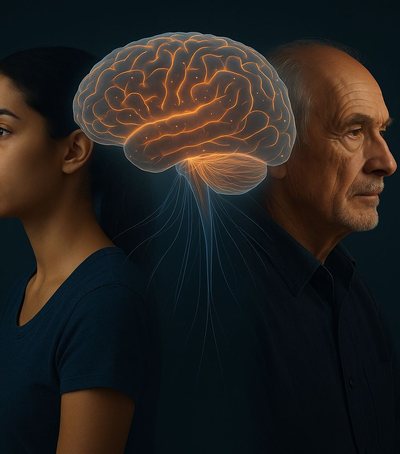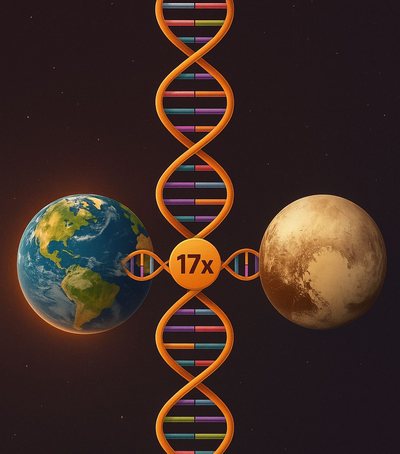
Since ancient times, man has dreamed of defying time and extending life beyond natural limits. Today, thanks to the dizzying developments in biotechnology, this dream seems closer than ever. Modern genetics, cell therapies and new medical technologies are opening up serious discussions: can man manage to live beyond 120 years while maintaining health and energy?
The code of life: genetics as the key
Scientists are now able to decipher and modify genes associated with aging and chronic diseases. Through techniques like CRISPR-Cas9, it is possible to correct mutations that cause health problems, preventing diseases before they occur. This opens the door to an era where aging will no longer be seen as an unstoppable process, but as a condition that can be slowed or even corrected.
Cellular therapies: rejuvenation from within
Another promising area is stem cell therapies. These cells have the ability to regenerate damaged tissues, replace old cells, and promote the health of vital organs. From treating neurodegenerative diseases to regenerating the heart after a heart attack, cell therapies are seen as bridges that could lead us to a new life expectancy.
Health is not just longevity
Living beyond 120 years is meaningless if those years are accompanied by disease and suffering. For this reason, biotechnology is not just aiming to increase the years of life, but to increase the healthy years. Through early diagnostics, personalized nutrition, and precision medicine, the goal is for people to maintain their energy, clear minds, and active bodies well into old age.
Ethical and social dilemmas
However, the big question remains: if it were possible, would we really live that long? Life extension raises questions about the equity of access to these technologies, the economic impact, and the meaning of life itself. What does it mean to be 100 years old and still in peak health? Would this change the way we plan our families, careers, and dreams?
Biotechnology is pushing the boundaries of our imagination and perhaps even the biological limits of human life. The possibility of living beyond 120 years thanks to genetics and cell therapies is no longer just science fiction, but a horizon that is approaching. However, the question that remains is not only “How long can we live?” but also “How do we want to live this extended life?” For the true meaning of longevity lies not in the years we add, but in the quality and depth with which we live them.





